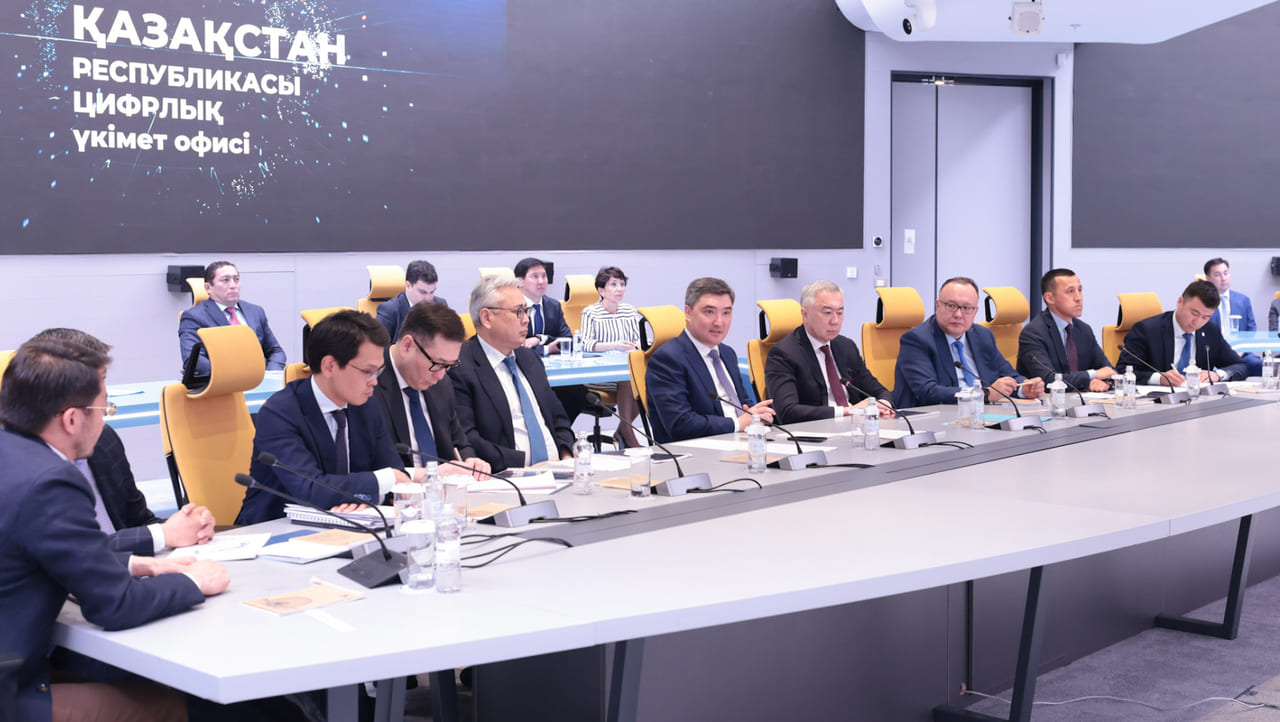Prime Minister Olzhas Bektenov has taken decisive steps to combat the shadow economy through enhanced measures against counterfeit goods. In a recent meeting, discussions centered on leveraging digitalization to curb illicit trade, with significant input from key ministries and stakeholders, including the Atameken National Chamber of Entrepreneurs.

The focus of the meeting was the effectiveness of mandatory product labeling in combating economic irregularities. Kazakhstan has mandated the labeling of tobacco products, footwear, and, as of July 1 this year, all medicines. The initiative has already shown promising results, with a 25% increase in excise tax revenues from tobacco products following their labeling.
Moreover, the crackdown on counterfeit goods has led to the seizure of illicit tobacco products valued at KZT 15bn ($31.7mn) between 2022 and the first quarter of 2024.
The implementation of mandatory labeling has also bolstered revenues from imported footwear, with VAT and customs duties soaring by 293%, from KZT 7.8bn ($16.5mn) in 2021 to KZT 30.7bn ($64.9mn) in 2023.

Looking forward, plans include expanding labeling to other product categories, projected to reduce shadow turnover by KZT 926bn ($1.9bn) over the next five years. This expansion aims to increase the observed economy's share by 23% and boost budget revenues by KZT 270bn ($570.9mn). Prime Minister Bektenov emphasized the importance of transparency and market integrity, stressing the need for a clear schedule for the gradual adoption of product labeling and robust support measures for local producers.
The meeting also reviewed the progress of Kazakhstan's pilot project for the National System of Traceability of Goods. This initiative facilitates real-time tracking of goods throughout the supply chain, enhancing efficiency in monitoring and reducing processing times. Notably, the project achieved full digitization of agricultural production cooperative contracts worth 89.4 billion tenge, covering 95% of producers and sellers of essential food items under the price stabilization mechanism.
Looking ahead, plans are underway to expand the National System to encompass a broader range of goods, including 58 items in the food basket and 488 items used in inflation calculations. Prime Minister Bektenov instructed relevant ministries to intensify efforts against counterfeit goods, expand mandatory labeling, and establish a unified product catalog for reliable price monitoring.
Follow Daryo's official Instagram and Twitter pages to keep current on world news.
Comments (0)